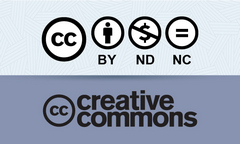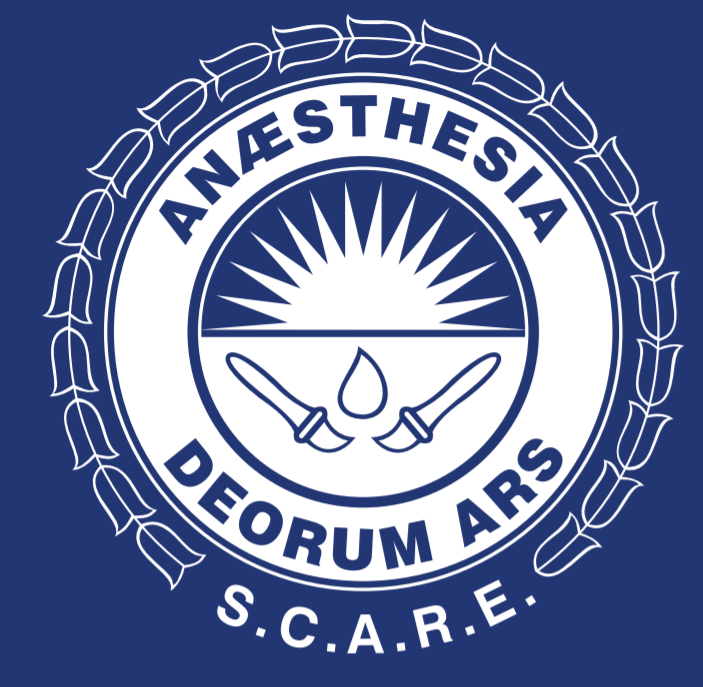From Agreements to Consensus
Abstract
In the light of the diversity and complexity of medical knowledge and considering the lack of sufficient evidence for health-related decision-making, medical professionals usually seek agreements. Though it may seem an apparently simple task, the idea is to understand that this is a high-level process. Assuming consensus is a rigorous multidisciplinary research methodology that, in addition to overcoming any conceptual gaps, systematically generates new knowledge via formal rounds of consultation. This article is intended to set forth a position with regards to the rigorous approach followed for health related consensus. A popular methodology is discussed - Delphi - identifying its advantages and steps followed, including its modifications and uses according to the researchers' needs and resources, keeping in mind the importance of considering the final result expressed in the recommendations in terms of its fundamental impact on health related issues.
References
2. Diccionario de la Lengua Española. 22.a ed. Madrid: Real Academia Española; 2001 cited Mar 7 2012. Available from: http://www.rae.es/rae.html
3. US National Library of Medicine, National Institutes of Health cited Mar 7 2012. Available from: http://ncbi.nlm.nih.gov/ pubmed/
4. Scott G. Strategic Planning for High-Tech Product Development. Technology Analysis & Strategic Management. 2001;13:343-64.
5. Dalkey N, Brown B, Cochran S. The Delphi Method, III: Use of self rating to improve group estimates. Technological Forecasting and Social Change. 1970;1:283-91.
6. Garavalia L, Gredler M. Teaching evaluation through Modeling: Using the Delphi technique to assess problems in academia programs. Am J Eval. 2004;25:375-80.
7. Powell C. The Delphi technique: myths and realities. Journal of Advanced Nursing. 2003;41:376-82.
8. Kennedy H. Enhancing Delphi research: methods and results. Journal of Advanced Nursing. 2004;42:504-11.
9. Okoli C, Pawlowski A. The Delphi method as a research tool: an example, design considerations and applications. Information & Management. 2004;42:15-29.
10. Meyrick J. The Delphi method and health research. Health Education. 2003;103:7-16.
11. Cook C, Brismée JM, Fleming R, Sizer P. Identifiers suggestive of clinical cervical spine instability: A Delphi study of physical therapists. Physical Therapy. 2005;85:895-906.
12. Duque G, Close J, Jager J, Ebeling P. Treatment for osteoporosis in Australian residential aged care facilities: consensus recommendations for fracture prevention. MJA 2010;193:173-9.
Downloads
Altmetric
| Article metrics | |
|---|---|
| Abstract views | |
| Galley vies | |
| PDF Views | |
| HTML views | |
| Other views | |













